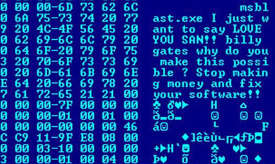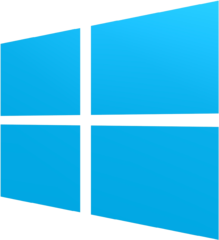For years, even in 2015, web tutorials, college textbooks and lab simulators have all been teaching the traditional networking utilities, such as arp, ifconfig, netstat and route. Whether you know it or not, most of these commands were deprecated years ago. They were replaced with commands from the iproute2 suite of utilities. Most Linux distros have continued to install the traditional tools, but CentOS, Arch and now openSUSE (among others), are moving to put them into deprecated status. That means we’ll need to start getting used to the new tools.
For those not familiar, the 2.2 Linux kernel revision (way back in the olden days) brought about some changes to the way the kernel handled networking. New features were introduced back then that had not been implemented anywhere else. The old tools use the /proc interface, while the newer tools use the newer kernels’ netlink interface. At least some of the older tools are no longer in active development. The bottom line is that the iproute2 suite offers some definite advantages over the old tools.



 None of them even approach usability for the everyday computer user. None. And you would think that of all these choices, one of them has to work…or provides documentation reasonable enough for everyone. You would think.
None of them even approach usability for the everyday computer user. None. And you would think that of all these choices, one of them has to work…or provides documentation reasonable enough for everyone. You would think.


 MS Writes a Check: Well, this was probably inevitable. With a generous donation, Microsoft has become a gold contributor to the OpenBSD project — the first gold contributor — in an effort to get OpenBSD’s help in porting OpenSSH to Windows. This comes from a
MS Writes a Check: Well, this was probably inevitable. With a generous donation, Microsoft has become a gold contributor to the OpenBSD project — the first gold contributor — in an effort to get OpenBSD’s help in porting OpenSSH to Windows. This comes from a 





 And then, there I was, standing in my pajamas at 10:30 p.m., staring at the screen of our first color television set. My mom made us stay up late to watch “the most important event in history,” according to her. Neil Armstrong was about to set the first human footprint on the moon. Although later I thought the real important event was David Scott taking the coolest dune buggy ride ever during Apollo 15. Of lesser impact to most might be the Kent State massacre, Woodstock and the death of John Lennon.
And then, there I was, standing in my pajamas at 10:30 p.m., staring at the screen of our first color television set. My mom made us stay up late to watch “the most important event in history,” according to her. Neil Armstrong was about to set the first human footprint on the moon. Although later I thought the real important event was David Scott taking the coolest dune buggy ride ever during Apollo 15. Of lesser impact to most might be the Kent State massacre, Woodstock and the death of John Lennon. We might as well start with the moral of this story: Don’t protect Windows with Windows.
We might as well start with the moral of this story: Don’t protect Windows with Windows. It inspires awe how quickly Friday comes along — one minute I’m talking stories for publication with my colleagues Ken Starks and Christine Hall, and the next thing I know, deadlines are poking me in the shoulder and saying, “Well…?”
It inspires awe how quickly Friday comes along — one minute I’m talking stories for publication with my colleagues Ken Starks and Christine Hall, and the next thing I know, deadlines are poking me in the shoulder and saying, “Well…?”